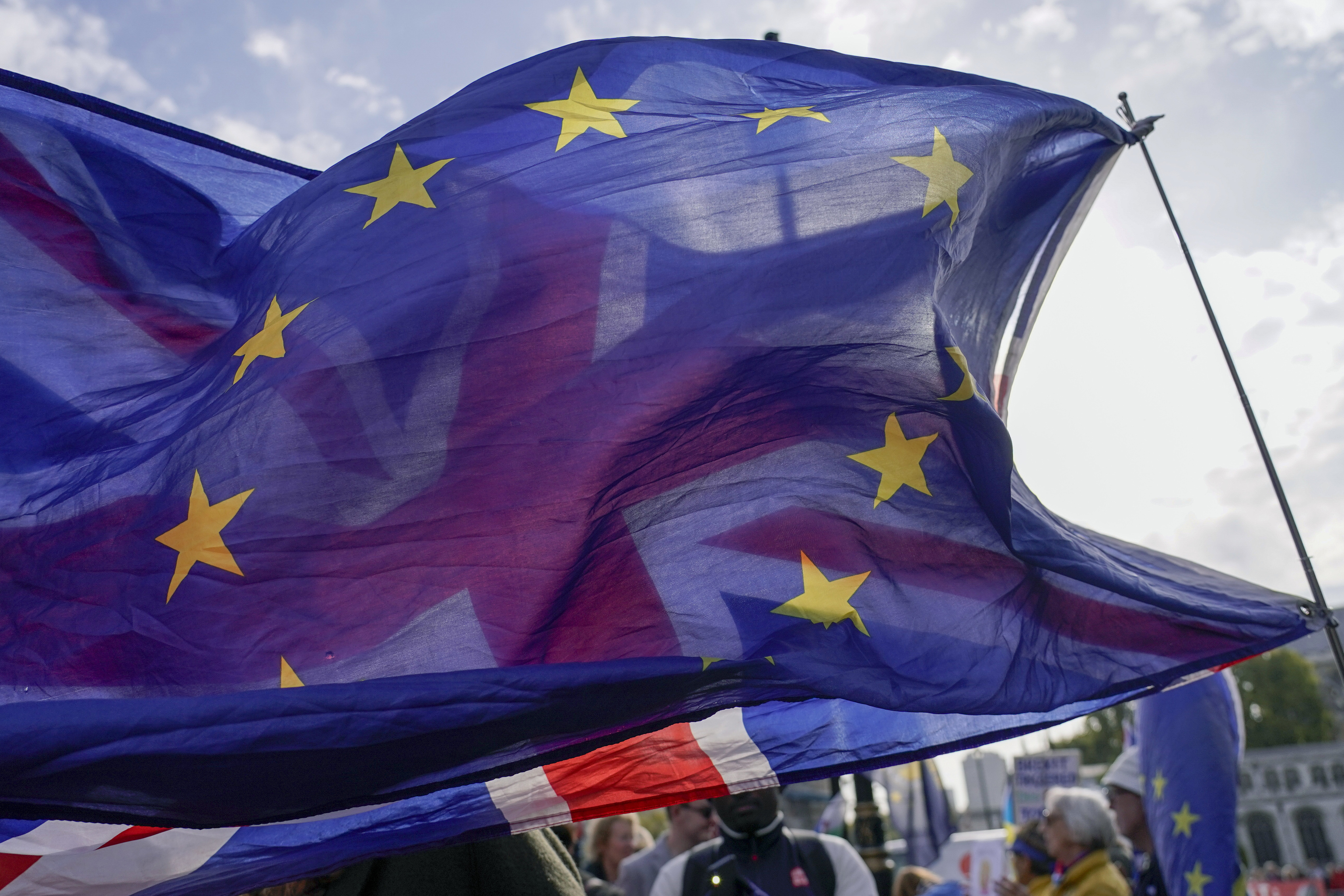Six months ago, British Prime Minister Keir Starmer and European Commission President Ursula von der Leyen announced "the reset of Brexit." However, despite 60% of the British population wanting to return to the EU, this goal clashes with an insurmountable and stubborn obstacle: facts. The best example is something theoretically not very complex, like the negotiation launched by Starmer and Von der Leyen in May on British and EU phytosanitary standards. It doesn't seem that exports of cheese, milk, eggs, fish, and meat from the UK to the rest of Europe, which would have a minimal impact on the British economy of about 5.9 billion euros, are particularly complicated, at least when compared to the financial regulation of the City of London. And yet, after six months of discussions, an agreement is not expected... until 2027. With such a precedent, can anyone imagine a negotiation to dismantle Brexit?
From planet savior to technological realist: Bill Gates' shift
The thirtieth UN Conference on Climate Change (COP30) begins tomorrow with bad omens for what has been the consensus in that field. It's not so much that the US under Donald Trump is not even sending a delegation to the meeting, but that Bill Gates, one of the biggest advocates for action against greenhouse gas emissions, posted a reflection on his website last week advocating for a change in strategy to tackle the problem. Gates advocates abandoning what he calls the "apocalyptic vision," which has led to setting rigid (and unattainable) emission targets, in favor of technological innovation and, above all, an approach that does not end up saving the Earth's climate at the expense of increasing poverty in the world. The Microsoft founder and philanthropist has been accused of being nothing short of a traitor by many activists and scientists. But his letter is a sign that the debate has shifted.
Donald Trump's 'State capitalism' nuclear deal benefiting Canada
Every week, Trump takes a step (sometimes a leap) towards a state capitalism that should be the envy of every social democrat or, failing that, anyone who longs for an absolute monarchy. The latest move was the decision of the US government to give $80 billion (¤70 billion) to the company Westinghouse to build nuclear reactors in the country. In return, Westinghouse must hand over 20% of the profits from these operations to the state, once it has paid $17.5 billion (¤15.25 billion) to its shareholders, who are not American but Canadian. The US can accept these payments or, conversely, convert them into Westinghouse shares, as long as its stake does not exceed 20% of the capital. If by 2029 Westinghouse is worth more than $30 billion, Washington can force the company to go public.
Inevitability and insight: Rinehart conforms to the natural laws of capitalism
In 2011, left-wing American economist Nancy Folbre published a irreverent book titled "Field Guide to the US Economy" with an epic quote from Canadian billionaire Edgar Bronfman: "Going from $100 to $110 is work; going from $100 million to $110 is inevitable." Gina Rinehart, the richest woman in Australia, has combined inevitability (inheriting a mining empire from her father and hitting the commodities boom at the beginning of this century) and work (betting on rare earths over a decade ago) to become the richest person in Australia, with a fortune of around ¤30 billion. Now, Donald Trump - whom she declares herself a "superfan" of - and her country's Prime Minister, the Labor (social democrat) Anthony Albanese - whom she detests - are indirectly benefiting her with the agreement they have signed for both countries to jointly develop rare earth mining.
Snowflake, the TikToker, and the forecast that shouldn't have left the phone
If you are a director of a publicly traded company worth ¤79 billion on the stock market (as much as Caixabank and Sabadell combined), do yourself a favor and do not give the company's sales forecasts to a guy from a social network who approaches you on the street. Not even if he works for @theschoolofhardknockz, which has 15.1 million followers on Instagram, TikTok, and YouTube. So, when a reporter from that account approached the global sales director of the cloud giant Snowflake on the street, he ended up giving the company's sales forecasts for this year, which were even higher than officially announced by the company (in case we were lowering expectations only to later say that things went better than expected!). And that's when the trouble started. The next day, Snowflake sent a communication to the regulator stating that the man speaking (who did not give his name in the video) "is not a company spokesperson."
Half Deutsche Telekom, half Nvidia, and not a bit of independence
Having a new AI data processing center with 10,000 advanced chips sounds great... until one discovers that in the US, they are building several with 500,000 chips. The 10,000-chip center will be announced in Germany next month, while the half-million ones have been under construction in the US for some time. Even more glaring is the fact that the new facility will increase Germany's AI computing capacity by 50%, suggesting that it is really low compared to the other side of the Atlantic. Furthermore, the German plant will be 50% owned by the semi-public telecommunications company of that country, Deutsche Telekom, and 50% by the US giant Nvidia, whose market capitalization is greater than Germany's GDP (no, this is not a typo). The German miracle that revived the country's economy after World War II has definitely become a thing of the past.
